Biotechnology at uOttawa
I finished biotech program at the University of Ottawa in 2019, and have posted about it on Reddit a couple times. Since then, I get occasional messages asking me for more details. On this page, I've compiled all my responses. It's a bit repetitive, but I hope it'll help you if you're thinking about doing the program.
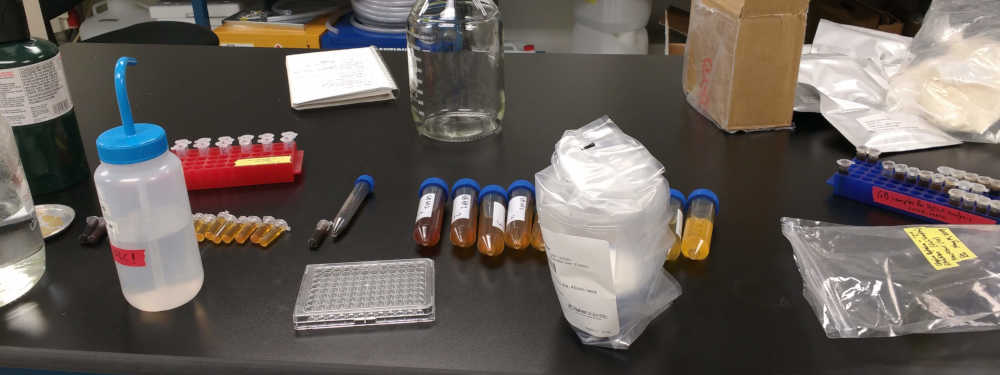
2025-04-04: Biotech after college diploma?
Asked about whether to do Biotech be someone doing a pre-university program in the same field:
I don't know much about job prospects with a diploma, but I will say that I found job prospects with a bachelor's degree to be discouraging! For biotechnology-oriented jobs in Eastern Canada with a Bachelor's degree and no particular work experience, when I graduated 5 years ago, salaries seemed to be around 40k - 60k depending on the job. I'm sure the numbers are higher now with inflation, though.
For uOttawa's "biotechnology" program, you should know that it's actually two degrees — a bachelors in Chemical Engineering, and a Bachelors in Biochemistry. Salaries are better in Chem Eng (but then, why do a second degree?), and in Biochemistry you kind of need a Masters / PhD / postdoc to access the best salaries (so, why do an extra Chem Eng degree?). The program takes at least 5 years (I did it in 6) and involves many semester with 6 or even 7 classes.
My personal advice would be to look for jobs as you're graduating from your diploma, and get a year or two of real-world experience. It'll be easier to 1) meet people for information 2) see what the job market is really like 3) save money for more school, if you decide to go that path, and 4) understand what the actual requirements are for better-paying jobs.
It's easy to do lots and lots of school, without doing enough job to see if the school is worth it. That's why I recommend doing a bit of work after your program, or, at least looking for work, before committing to 4+ years, $30,000 in tuition, and something like $200,000 in lost wages that you could have made by working 4 years instead of studying. Doing another degree will take lots of time and money, so you'll want to feel pretty sure that it's a good idea before diving in!
Another thing to consider is that the job market for biotech in Ottawa is very small. Most of my colleagues who stayed in Ottawa now work for the federal government in places like Health, Environment, and Agriculture — mostly writing rules and policies about biotech stuff. If you'd enjoy doing that, then Ottawa is the place to be! Otherwise, you're looking at the other big Canadian cities (Montreal, Toronto, Vancouver), or the US biotech hubs (Boston, San Francisco) for more opportunities.
If you do decide to do a Bachelor's degree, I highly recommend prioritizing a program with CO-OP (so you can do internships for experience, networking, and $$$).
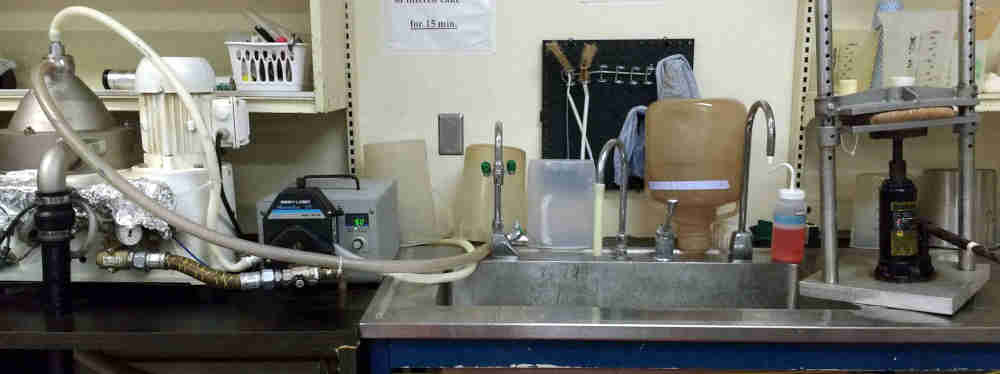
2024-10-11: Job prospects
Pre-university student asks me about job prospects in Biotech:
Hi! There are basically two paths coming out of biotech.
First, you can do chemical engineering, possibly with a biotech focus. You'll be making 60-80k initially, with mid-career numbers closer to the 130-150k (assuming you stay in Ontario/Quebec — you can make much more if you find a way to work somewhere like Texas or the Middle East). The disadvantage here is that you could do this career path with a 4-year Chem Eng degree, which would be a lot easier than biotech. Typical types of jobs include quality (checking that products match standards), design (mostly desk jobs at consulting firms), R&D (probably will need a masters — mostly small-scale work or troubleshooting in a plant), etc.
Second path is to follow the Biotech stream, and go toward biochem, research or pharma stuff. A lot of these jobs require grad school, sometimes a PhD or post-docs. With just a Bachelor's, you're looking at something like a 40-60k research assistant job. With grad school, you could be a research scientist or be involved in manufacturing. You will have a lot more opportunities in a biotech hub like Boston or San Francisco. One disadvantage of the biotech program is that, to get into grad school and get scholarships, you need excellent marks. That's hard to do when you have 6+ hard classes every semester! A 4-year biochem degree is probably the fastest way to get on this career path.
Aside from specialized roles, it's also possible to work for the federal government. About 80% of the biotech co-op placements are in places like Health or Environment Canada. You'd be doing things like working through paperwork about chemical regulation or greenhouse gas emissions. Mid-career salaries are maybe 80-120k, but they pay you a generous pension (something like 85% of peak earning years?) if you stay for your entire career. To get a government job, you basically have to get an intership with them somehow during your studies. You don't need a biotech degree for any of these jobs — any engineering or science degree will do.
If you're willing to move after graduation — and travel, work hard, and apply early for internships — I think you'll have okay job prospects post-graduation. But, you can get many of those opportunities by doing a 4-year degree instead of the 5-6 year Biotech program.
Personally, I did internships at a microbiology-related manufacturer, a pharmaceutical research lab, one with a uOttawa prof, and a handful of government jobs. I did a Masters in Chemical Engineering at Polytechnique Montreal after graduation. I enjoyed the biotech program — it's neat to learn so much! If you want university to be harder, it's a good challenge. I currently work in software development, however, since it pays much better than any of the biotech/chemical career options 🤷 People who graduated with me now work in government, at engineering consulting firms, oil companies, etc, as well as lots of people who switched to something else completely.
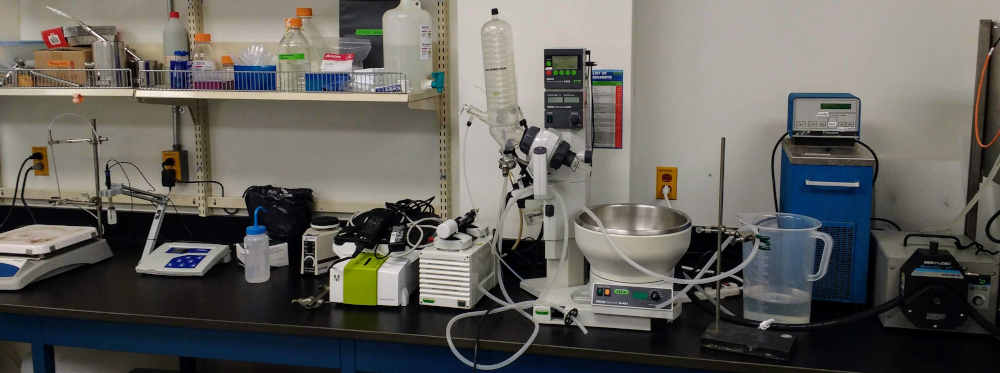
2024-05-10: Is Biotech worth it?
First-year Biotech student asks me about job opportunities and wonders if they should stay in the program:
For co-op, most of the jobs were government stuff in Ottawa. Every round, there were a handful of stuff that was more interesting to me. For example, for co-op, I managed to do one semester at a pharma research lab (pharmacokinetics), and two in a industrial research lab. These were pretty competitive spots though, and I was luck to get them. Both were outside of Ottawa too (Montreal).
If you don't mind the extra two years, I think it's an okay degree. However, if you want to work with only a bachelor's degree, you'll probably be in engineering. In the more science-y jobs, a Masters/PhD is more expected.
Personally I did a Masters in Montreal, then just switched to software development because that's where the $$$$ is (job offers in biotech labs in Montreal were in the $40-50k range when I was looking, versus double for junior software roles).
I enjoyed biotech, and I'm sure the resume is more impressive with it, but I just felt that I could make much more putting in the same amount of effort doing something else. Of the people I know who did biotech, I know a couple who ended up doing biotech-y things (e.g. cannabis biotech startup), but lots of them ended up elsewhere (plain chem eng, plain biochem, medicine, software, public service, etc). If you have the time and enjoy it, I think biotech can be a fun program. It suggests to future employers that you're smart and hard-working (6-7 classes / semester, two 'hard' degrees in 5-6 years), which has helped my job search. I don't see it as a specific pre-req to any job, though. Most of my colleagues in biotech companies studied something somewhat related to their current job, then filled in knowledge as they got more experience (e.g. chem eng guy who learned a bunch of metabolism stuff after starting to work with bioreactors).
I'd suggest doing/finishing it if you really enjoy it, or if you're pretty close to finishing. I wouldn't suggest doing both degrees for career reasons, or if what you want to do after doesn't require them. For example, if you want to do graduate school, scholarships will be based (in large part) on your grades. It'll be easier to get a better cGPA with 5 courses instead of 6+. Likewise, if you want to be a PEng, all you need is an engineering degree.
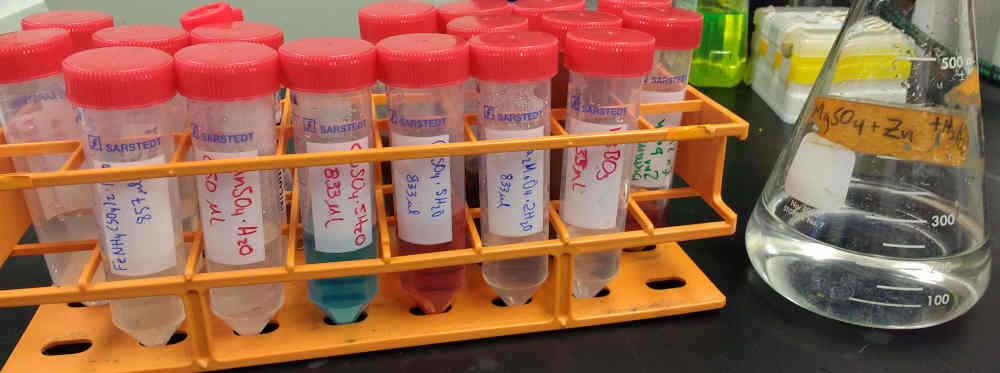
2023-12-30: A career advantage?
Someone asks what advantages the double degree holds for careers:
Hi! Short version: if you want to work in engineering, get the Chem Eng degree. If you want to work in research (going on to get a PhD), do biotech. If you're a maniac and enjoy school, do both.
Personally, I did a Masters in Chem Eng after finishing Biotech at uOttawa. Now I'm working in software development because the pay is much better than anything I studied.
I enjoyed the double degree for personal growth and learning, but it hasn't affected the job I'm doing now.
A lesson from software development: the sooner you can see the effect of a change you've made, the faster you can adjust and make improvements. With this logic, I suggest a short degree instead of a long one. Then you can try the job market for a year or two and jump back into school if you have to.
All that said, it's satisfying to do six or seven classes with a bunch of labs that require super-long reports, biochem classes that require you to memorize tons, and chem eng classes that are all tricky applied math.
(By the way, I would recommend co-op for any program.)
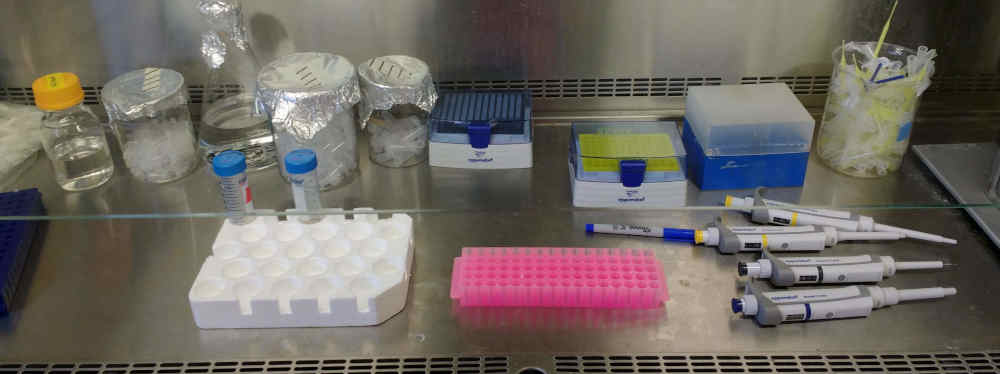
2023-01-31: Career opportunities
First-year biotech student asks about career opportunities:
Hi! So the easiest career opportunities for uOttawa grads are in the public service, since that's where most of the CO-OP placements and networking opportunities are. If you want to work for the government, the degree doesn't really matter — I have lots of STEM colleagues at Environment, Health, Natural Resources, etc doing policy work. These can be great, stable careers, especially if you're bilingual. If that's not your goal, here are some thoughts about the two degrees in biotech:
If you were to only do one degree, chem eng gives you more opportunities and money after graduation. Often, engineering firms don't even care which engineering major you studied since you'll be learning a lot on the job — I know chem eng people who are essentially mechanical, electrical, or environmental engineers now, as well as engineering project managers or finance people. Once you have an engineering degree, you have all you need for an entry-level engineering job anywhere. When I finished my Masters degree (totally unecessary for jobs) in 2019, these sorts of jobs started around 60k / year, going up to around 80k in 3-5 years. The provincial engineering associations often publish salary surveys of their members, which are really informative. (Engineering salaries are almost double in western Canada, by the way — even for internships! I knew someone who made $80 per hour as a CO-OP student at an oil company.)
For biochemistry, the Bachelors degree sets you up to be a lab assistant at 40k / year, sadly. If you want money in biochem, you'll have to either pivot into business or go the Masters/PhD/postdoc(s) route. Usually you'd do easy classes for good grades (you'll want the scholarship money), and find ways to work/volunteer in professors' labs to boost your resume for grad school. On the plus side, grad school positions are often paid in scholarships and TAing (I got about 20k / year in engineering at Polytechnique).
Personally, I really enjoyed doing two degrees (with CO-OP). However, if you don't want to spend 5-6 years at uOttawa, with loads of classes per semester (once I took nine), it really isn't necessary for a good career. It just depends on your interests!
For all the government jobs, the pay is public. For example, lots of analyst jobs are classed in the 'Economics and Social Science Services Group' (EC), and you can see their pay schedule here Ranges start at 55k at the very beginning and get up to maxes around 120 - 140k after 10-15 years experience. Also, public sector jobs tend to have generous pensions, something like 60-80% of your average salary for life after you retire at age 65. This means you could choose to save less of your income during your working years. If you want a public service job, you basically need to do an internship with the government at some point during your studies (either CO-OP or the student work program (FSWEP)) — this makes it easy to hire you after graduation without tons of red tape (called being 'bridged in').
For money after a bachelors degree, I think engineering is the way to go. Take a look at the Ontario Engineers association's annual salary survey from last year to see what compensation is like. Level 'P1' is entry level, and the average compensation last year was between 60 - 80k, going up to around 120-140k for people with 10-15 years experience (level P5: 'expert professional').
For engineering salaries, you can get more money if you work in places with more engineering than Ottawa. For example, when oil prices are high, you can make double these numbers working in northern Alberta (200k+). If you can get a visa to work in the US, you can also make these kinds of salaries in places like Texas (lots of oil refineries). If you have a few years experience, you can also get international jobs like working in the Middle East or Latin America for similar money.
Similarly, you can get more money in biotech if you're willing/able (visa) to relocate to biotech hubs like Boston or San Francisco, but then you'll probably need a PhD to access 100k+ USD salaries.
I did a Masters degree to 1) see if I liked academic research 2) improve my French (French-language program in Montreal — location was a big plus) and 3) get some professional experience (a Masters program is basically a job). You can have a great career without a Masters — most engineering jobs don't care.